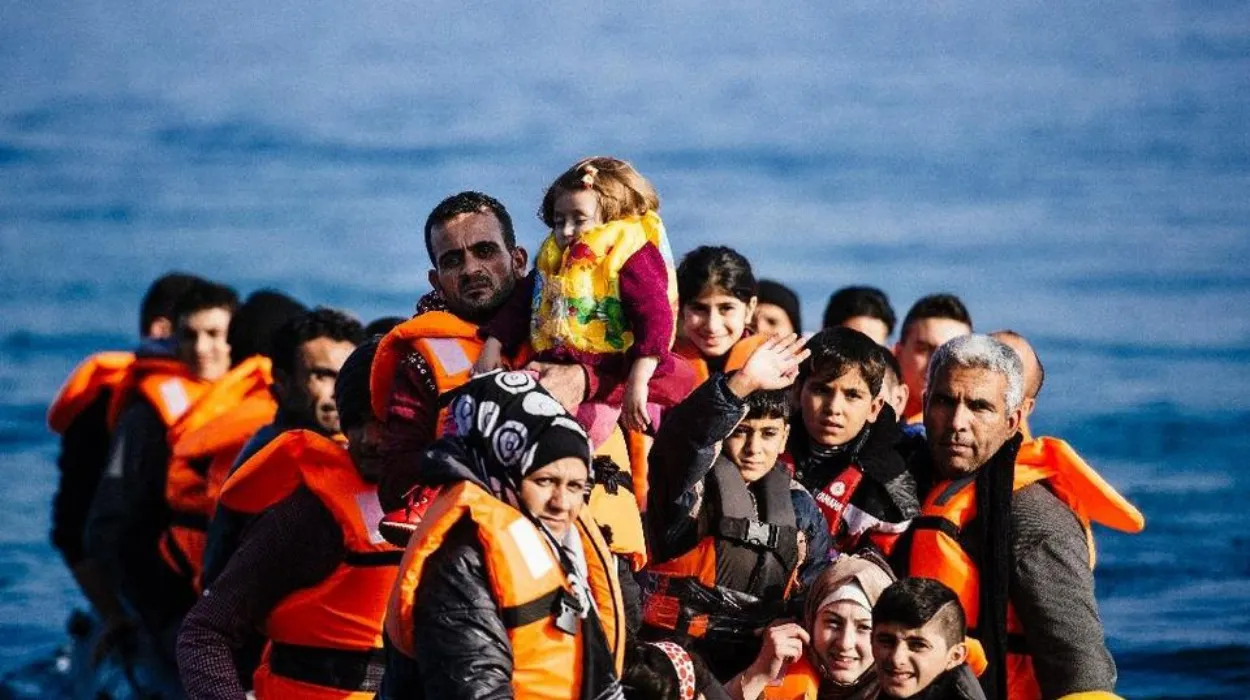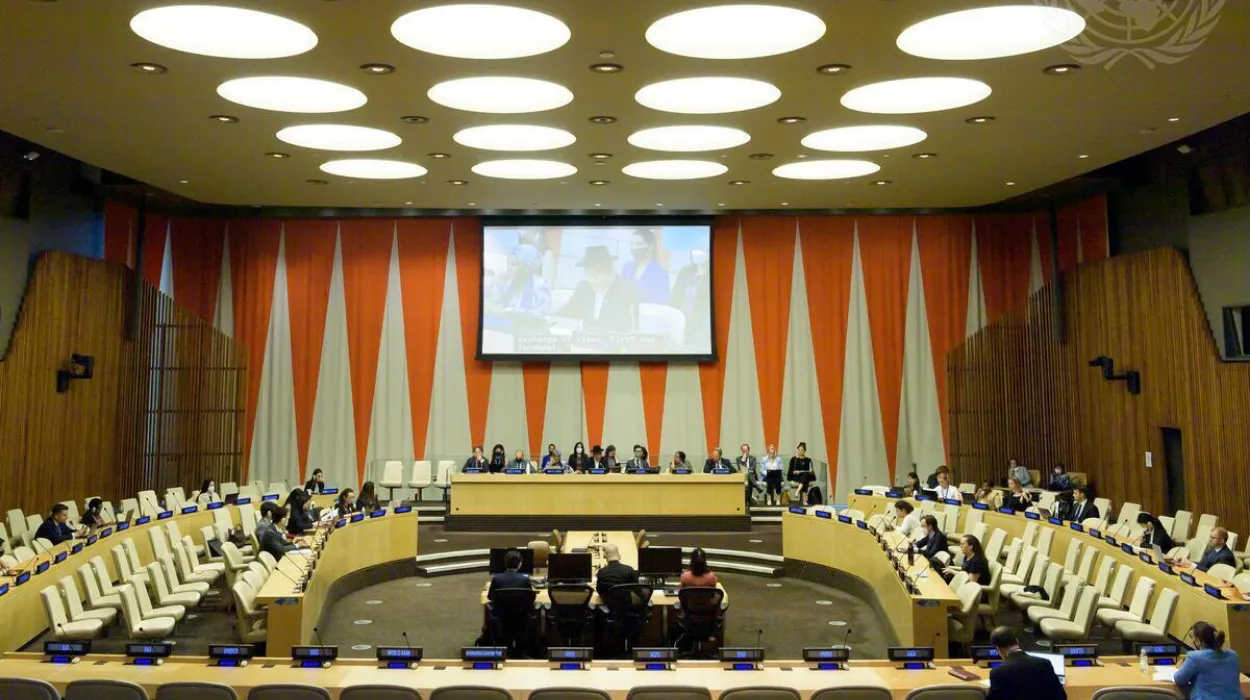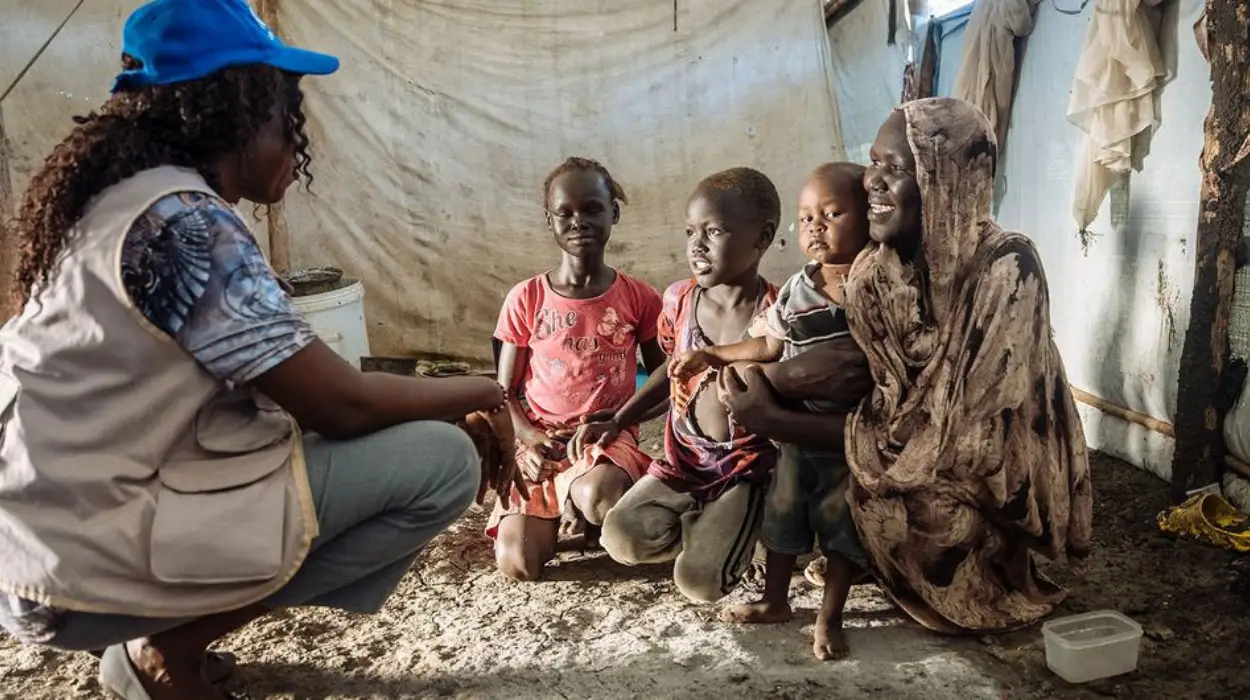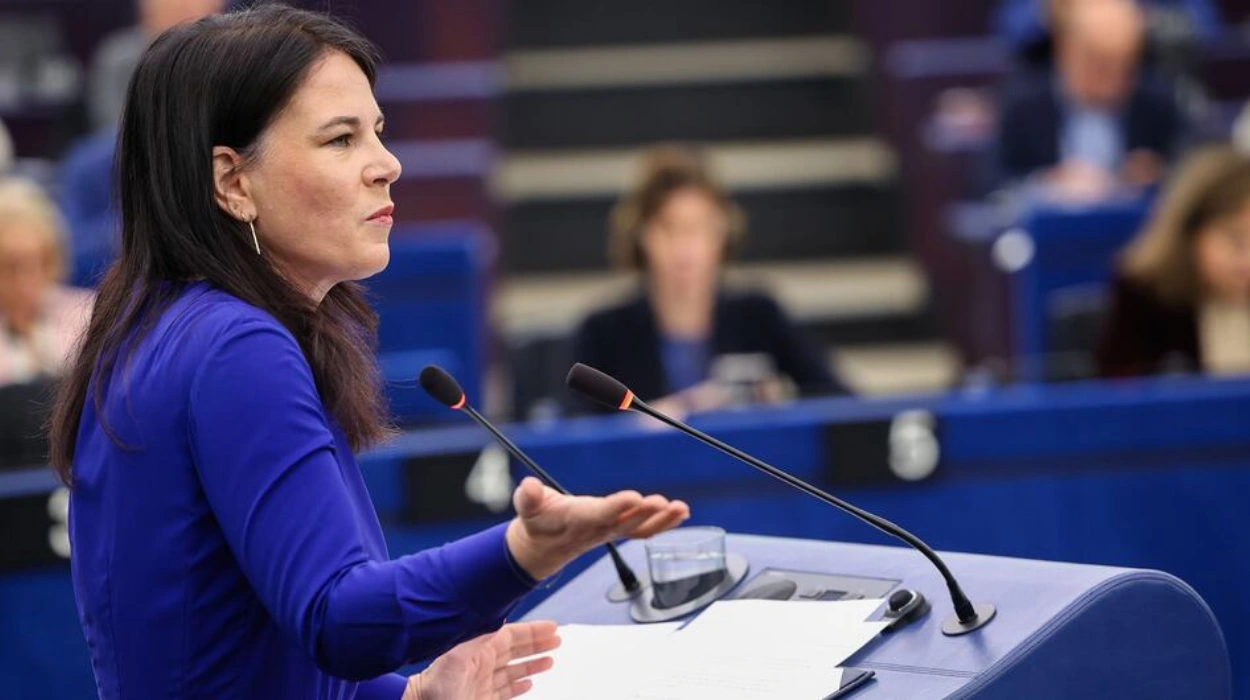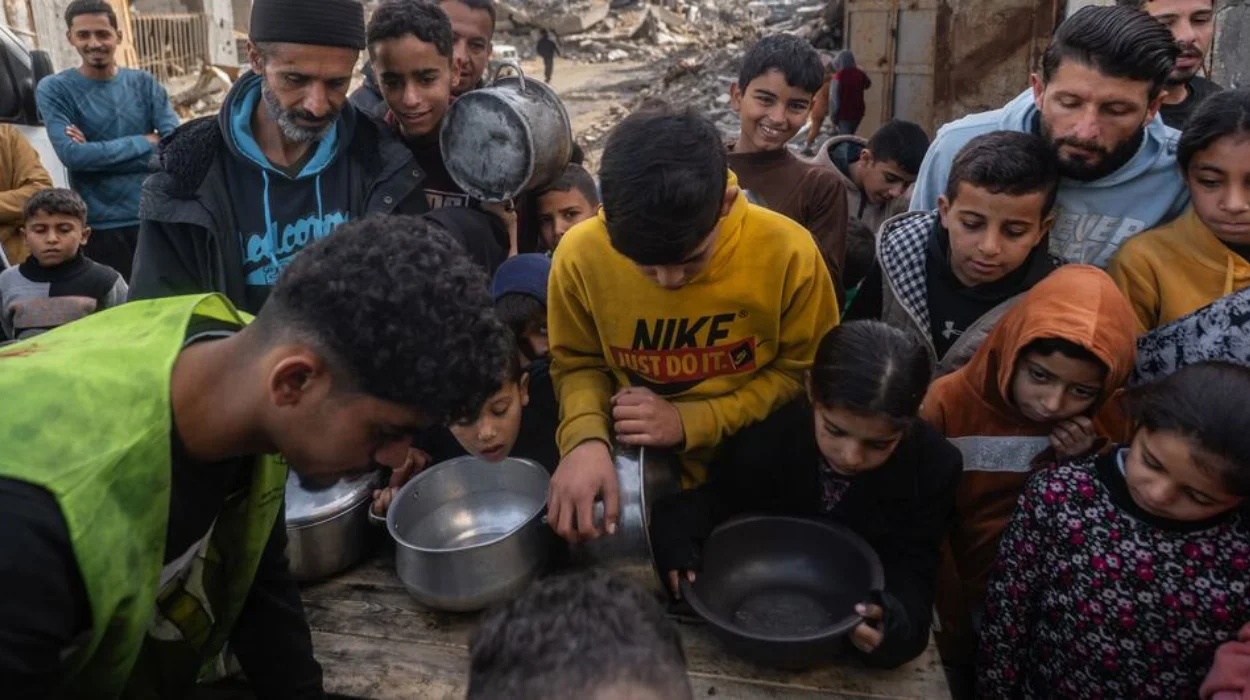The basic concepts and tenets upon which the international human rights system was established some eight decades ago are being put to the test by significant power cuts and late payments amid conflict and insecurity. The UN leadership must make sure that its cost-cutting measures do not compromise the organisation’s vital human rights work since human rights need to be protected today more than ever.
The cash-strapped international organisation has entered a full-blown financial crisis as a result of the Trump administration’s assessment of US cooperation with multilateral organisations and its reluctance to pay assessed UN contributions, which make up 22% of the UN’s monthly budget.
The UN’s long-standing cash issue has been made worse by China, the second-largest donor, who has been postponing payments. UN Secretary-General Antonio Guterres has had to look far and wide for cost-cutting strategies because of the impending mass layoffs. A “Strictly Confidential” six-page letter titled “UN80 structural changes and programmatic realignment” contains suggestions for cutting needless expenses and duplications within the UN.
The recommendations include lowering the UN’s presence in pricey places like New York City, eliminating certain top positions, and combining seemingly redundant tasks. The human rights part is concerning, even though some of the UN80’s recommendations are sound. It recommends combining several activities and downgrading and eliminating a number of prominent human rights positions. However, it would be unwise to cut the UN’s human rights capabilities at a time when rights problems are growing, and populist politicians who oppose rights are becoming more prevalent.
Cost-effectiveness and efficiency are crucial, yet the UN’s human rights efforts have historically been woefully understaffed and underfunded. Only 5% of the UN’s normal budget goes to the Office of the High Commissioner for Human Rights. Its surveillance and investigations, which serve to discourage abuses in sometimes overlooked or remote areas, save many lives. Amid a pre-Trump financial shortage and a UN-wide employment restriction, investigations of war crimes and other atrocities in locations like Sudan, Ukraine, Israel/Palestine, and others are already having difficulty.
China and Russia have been pushing to cut off funding for the UN’s human rights initiatives for years. The United States, which has slashed its own financing for human rights across the world, now runs the risk of supporting these initiatives rather than opposing them. The United Nations should be reminding the world of its decades-long dedication to human rights during these difficult times.


